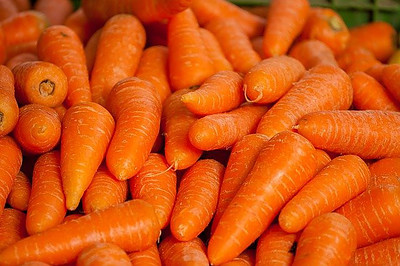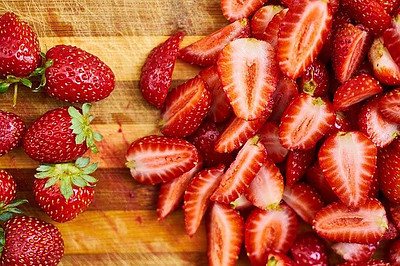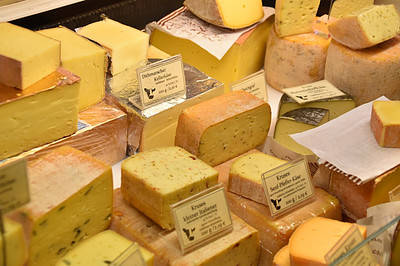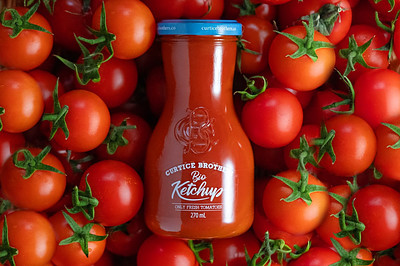| Additive Summary | Beta-Carotene (E160a) |
|---|---|
| Essence | Beta-Carotene or E160a is an organic compound found naturally in a variety of fruits and vegetables (like kale, spinach, sweet potatoes, apricots, plums, and others) and in processed food often used for coloring. |
| Sourcing | As an additive, it is derived from carrots. |
| Manufacturing | Various production methods for Beta-Carotene exist (physicochemical, chemical, and biotechnological). The oldest way of going about it is through the physicochemical approach which in common terms is an extraction from plant material. It starts with purification and material shredding operations. Then, it’s about juice pressing, protein coagulation, sedimentation. After that, it’s centrifugation and extraction with an organic solvent (like acetone, methyl ethyl ketone, hexane, and others). Then, it’s about filtration, deodorization, evaporation, and crystallization. In other instances, to improve the outcome and efficiency of the extraction, the raw material can be fermented, dried, or re-fragmented. |
| Application | Coloring (yellow to orange, water-soluble). |
| Acceptable Daily Intake | In doses up to 20 grams per day, it is known through studies to have no adverse effects. |
| Side Effects | None. |
| Benefits | Displays powerful antioxidative capabilities. It can potentially help improve cognitive function, lung health, skin health, eye health, and help reduce cancer risk. |
| Studies | 16,500+ studies on Pubmed. 340+ studies on safety. |
| Allergens | None. |
| Diet Restrictions | It is okay for vegans, vegetarians, and all religious groups. |
| Health Knight Assessment |
Only Beneficial. | Category 0 Additive. |
| Products | Used in supplements like PuraThrive Curcumin Gold, It Works! CollagenWorks, and others. Commonly, also, used as the active ingredient in supplements like Amway Nutrilite Double X, Rainbow Light Women’s One, and others. Naturally found in foods like broccoli, carrots, sweet potatoes, peas, paprika, chili, cayenne, dark leafy greens (spinach, kale, others), red peppers, yellow peppers, coriander, sage, butternut squash, romaine lettuce, Chinese cabbage, dandelion leaves, onions, oregano, pumpkin, apricots, plums, grapefruits, strawberries, raspberries, watermelons, and others. Used in foods like cheese, ice creams, pastries, non-alcoholic beverages, margarine, ketchup, and others. |



